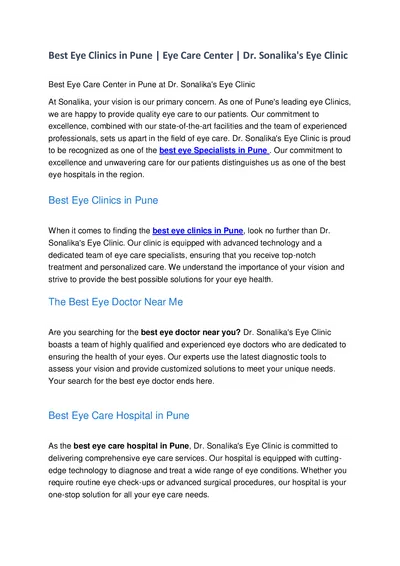PPT-Pandemic-Enhanced Care Skills for Ward Based Staff
Author : unita | Published Date : 2024-03-13
Session 1 09000945 or 13001345 HAI SICP PPE Session 2 10151115 or 13451445 Recognising and Managing the Deteriorating Patient with Viral SepsisOrgan Failure
Presentation Embed Code
Download Presentation
Download Presentation The PPT/PDF document "Pandemic-Enhanced Care Skills for Ward B..." is the property of its rightful owner. Permission is granted to download and print the materials on this website for personal, non-commercial use only, and to display it on your personal computer provided you do not modify the materials and that you retain all copyright notices contained in the materials. By downloading content from our website, you accept the terms of this agreement.
Pandemic-Enhanced Care Skills for Ward Based Staff: Transcript
Download Rules Of Document
"Pandemic-Enhanced Care Skills for Ward Based Staff"The content belongs to its owner. You may download and print it for personal use, without modification, and keep all copyright notices. By downloading, you agree to these terms.
Related Documents














